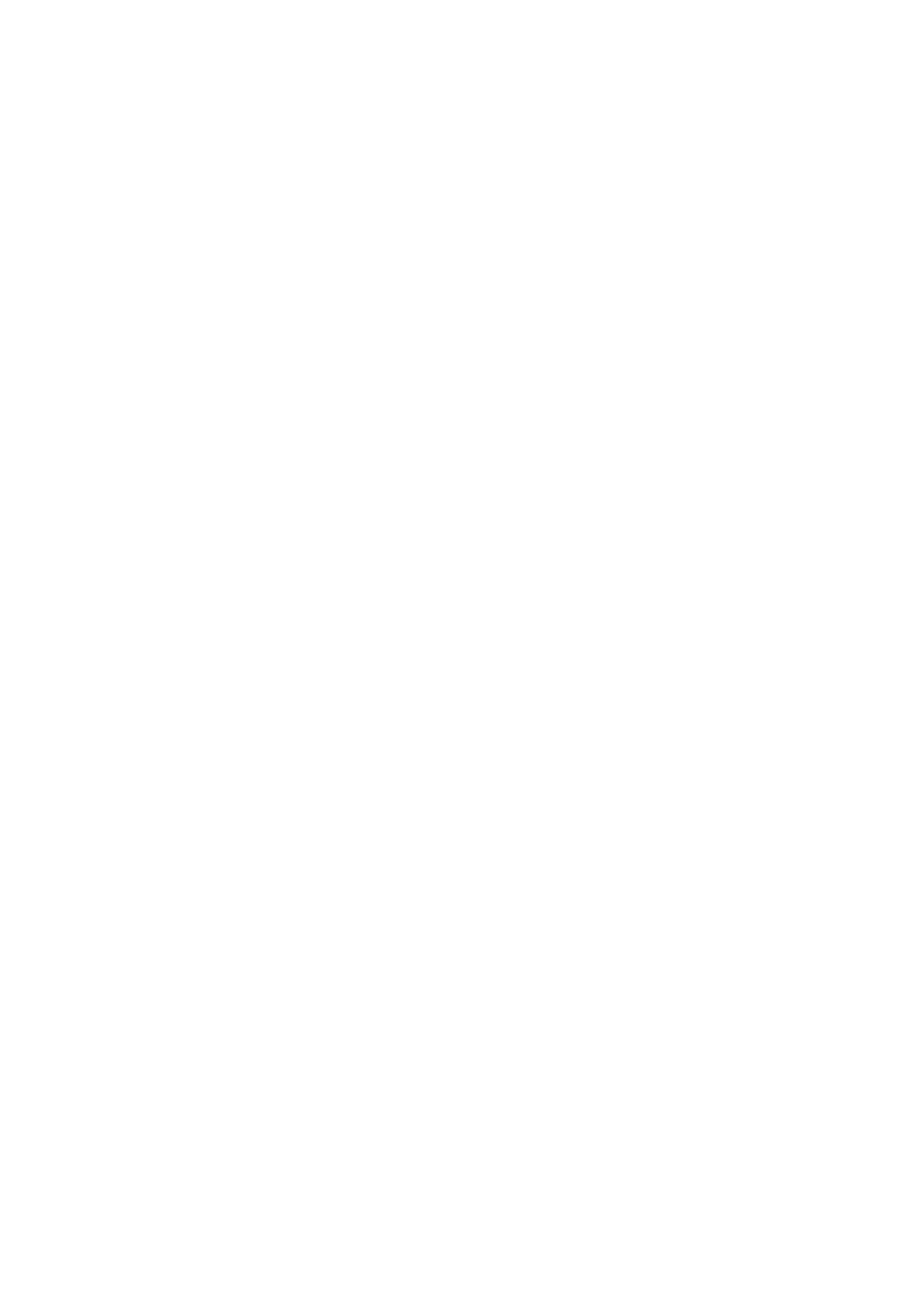
The Report
of the Iraq Inquiry
“impervious”
to the UK’s arguments, although that “could still change if it
looks as if
we might
secure the nine votes and avoid Russian and Chinese
vetoes”.
118.
Sir John
reported that France’s strategy remained:
“(a) to
persuade us not to go for a vote, (b) if this did not work, to stop
us from
securing
nine votes, and (c) if there are nine votes, to ensure that they
have Russian
and Chinese
company in vetoing.”
119.
France was “on
the diplomatic offensive”. Mr Dominique de Villepin, the
French
Foreign
Minister, was visiting Angola, Cameroon and Guinea and President
Chirac was
“canvassing
support” for a Security Council meeting at Head of State level for
a vote
on Iraq.
“Although
the French have still so far steered clear of saying in so many
words that
they will
veto, it is hard to interpret their comments and approach in any
other way …
It is
getting increasingly difficult for the French to backtrack now,
having built up so
many
expectations domestically and internationally. Whilst we are both
fully engaged
in our
respective lobbying campaigns there is little we can say to them
likely to have
much impact
…
“I doubt
that benchmarks and a little more time will do the trick … That
said, the
dynamics
may yet change this week … In any case, going to a vote without at
least
some Prime
Ministerial contact with Chirac would … be odd. If it looks as
though we
have the
nine votes and might persuade Russia and China not to vote, a
serious
phone call
would be well worth a try – if only to ease the way for
co-operation in
the aftermath.”
121.
In a
television interview on the evening of 10 March, President Chirac
made
clear that
France did not consider that the UN inspections had reached a
“dead
end” and
warned of the adverse consequences of unilateral US military
action.
122.
Addressing
the “most probable” scenario that evening, President
Chirac
said that
the revised resolution tabled by the UK, US and Spain on 7 March
would
not secure
the support of nine members of the Council. If, however, there
was
a majority,
France would “vote no”.
123.
Asked about
his position, President Chirac replied that “regardless of
the
circumstances”,
France would vote “no” because “this evening” there were
no
grounds for
waging war to disarm Iraq.
124.
President
Chirac also stated that if the inspectors reported that they were
not
in a
position to guarantee Iraq’s disarmament, war would become
inevitable.
125.
In a
television interview on the evening of 10 March, President Chirac
argued
that a
country with Iraq’s past and political structure was always
dangerous, but it
422
